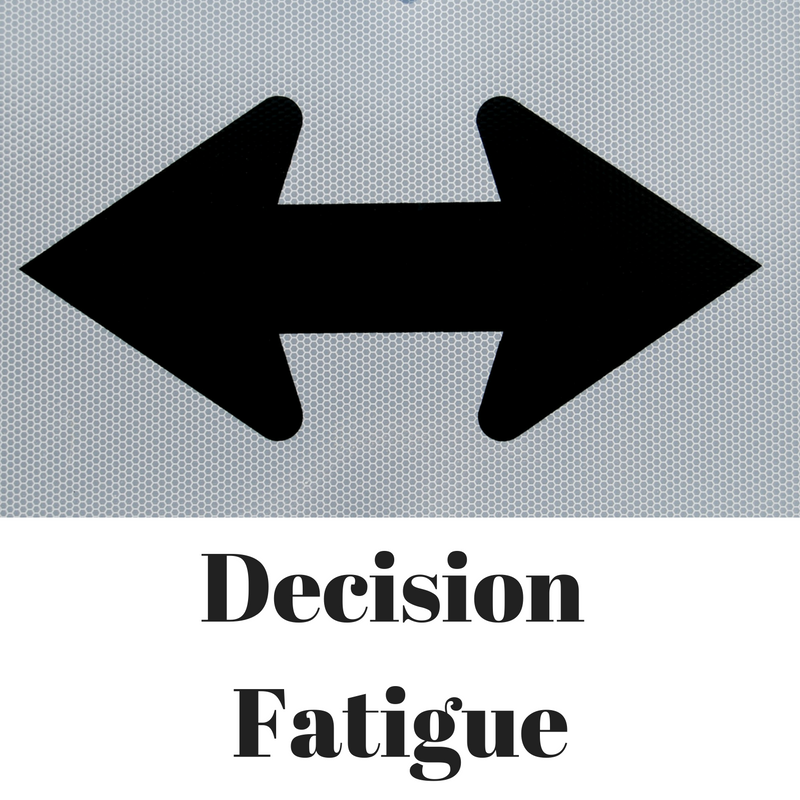This November I’ve made a commitment to do National Novel Writing Month (NaNoWriMo). Normally I hit such an event with a clear outline. I don’t necessarily have clear goals as to how many scenes I’ll write in a day. I have only that number NaNoWriMo offers: 1667 words a day.
This NaNoWriMo I have very little in the way of an outline. It feels a bit like starting to write without anything. Each day I sit down there are so many decisions I have to make. What am I going to write? Whose point of view is it in today? What’s the most important part of any of this? Is it okay if I just sit down and see what sticks later?
Every time I sit down to write in these past few days, I keep coming up with the image of a raw egg. There are some boundaries, but not nearly enough to make this a coherent, cohesive whole.
Lately, I’ve been reading a book about automating your routines. The author of this book is not the first person that introduced the idea of the decision fatigue. For those of you who don’t know what decision fatigue is, it is a form of mental fatigue. Your ability to expend energy on making decisions has a limit. Each time you introduce a new question that you must answer, a decision you must make, you deplete a limited resource of decision-making muscle.
This author goes so far as to suggest that for her, the perfect eating plan is to eat the same thing for breakfast every day, to eat the same thing for lunch every day, and to eat the same thing for dinner every day. In doing so she decreases the amount of energy she needs to spend on what she’s going to eat at each meal, but in addition she also decreases the amount of thinking she needs to do how she’s going to prepare the foods. Actions are consistent. In doing that, her theory goes, she is able to save that finite reserve of decision-making power for more important things.
As an artist, you have two choices. One: Develop a routine outside of your work that eliminates decision making, allowing you to be full of all the decision-making power you need in your creative work. This way, you can allow yourself to have an exploratory process that doesn’t require outside constraints. Two: Create a process for your work that also limits the number of decisions you have to make. For example, in a StoryMakers podcast interview with artist Adam Wolpert, he describes a project where he limited himself to the same view at the same location over the course of the year. For that year, he painted a single spot at the pond where he lives, from a single angle, on a single-sized series of canvases. He generated a series based entirely on that on frame. Having made so many of his choices once for the whole year, he was then able to have the space to organically sense the how of his paintings each day. He was not choosing the what.
There is, of course, a third way, which is to find the places in your life where you’re making unnecessary decisions and look at ways to streamline. What decisions can you get rid of in your day-to-day life that will open up more space for your creative decisions? At the same time, ask yourself what part of your creative process can you streamline, or constrain, again to continue to open up your creative process. Let me know your ideal approach in the comments section below. I look forward to hearing your views on creativity and decision fatigue.


I feel like a character in a story that keeps having obstacles thrown in her path- what to do about this electrical panel on our house that needs to be moved, but was illegally installed unbeknownst to us, what to do about husband’s serious and overwhelmingly expensive dental issues, how to survive the next years of this new presidency without waking up every night in a cold panic…and this makes me think: Just as we can have decision fatigue, so can our characters, I guess. I’m a subscriber to the same=thing-for=breakfast-and-lunch way of life, and it seems easier just to ignore some other decisions- like should I retire this year or next- put it off till next year and then that’s one decision I don’t have to make right now. In all this, the little goal of writing half an hour 5 days a week seems- even with everything else- almost manageable. So that’s how I’m going to keep going forward for now. Writing a half hour five days is like having Cheerios and blueberries for breakfast every day. Small, simple, kind of healthy. Happy writing and thanks for your thoughts!
Amy! Wow, you have a lot going on! I love the Cheerios and blueberries, E and I eat the same thing for breakfast almost everyday and for my little squirrel of a brain, it can be hard, but it definitely rules out having to think about things that have little or no deep impact on my day to day life. I am stoked you are keeping your writing goals in view and making great headway on them! Congratulations, that is no small thing.